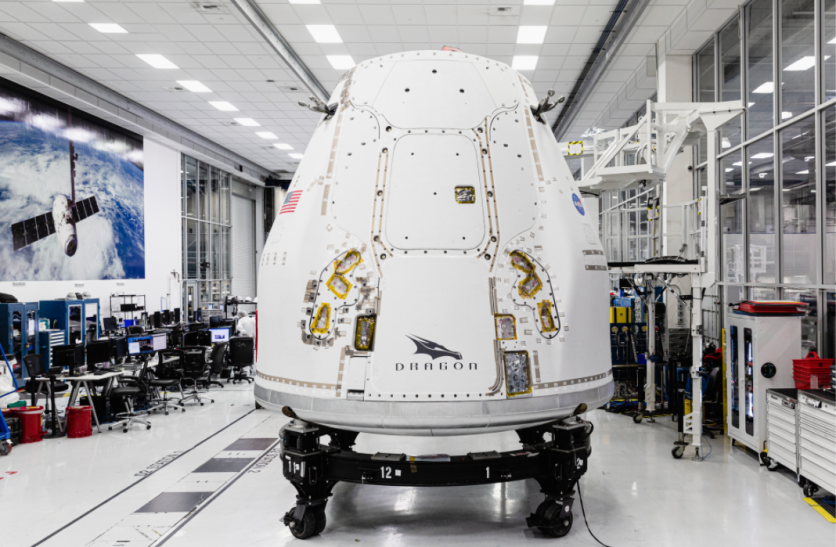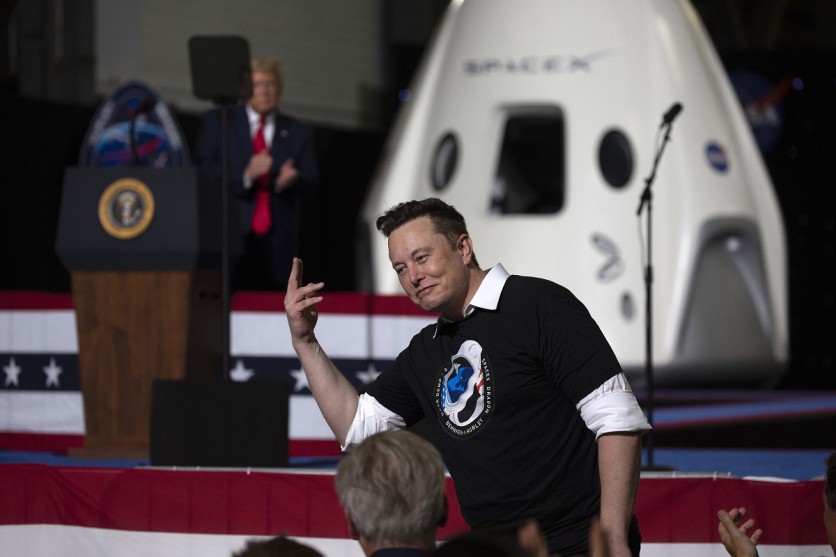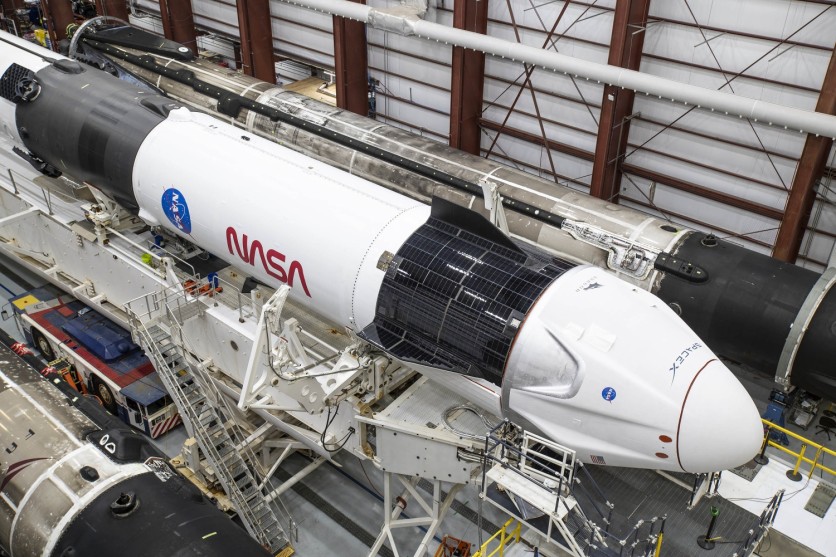Elon Musk makes one thing clear with his recent statement, and he said that electric rockets could not be used for launching from Earth to orbit as it is impossible and not ideal in the planet's situations. However, Musk added that this would soon be a need for early Mars mission and some time for the Earth, as electric rockets are the "long term solution" needed for spacecraft technology.

The billionaire and multi-company CEO, Elon Musk, has spoken. It is now about how electric rockets would need to work and how it can be used to apply for intergalactic travels in the future. Musk is widely known for his significant ventures that include EV company, Tesla, and aerospace travels, SpaceX, but the thought of combining both is a thing for the future.
Read Also : Dr. Michio Kaku Believes Elon Musk's Mars Colonization Feat is Highly Feasible with Self-Replicating Robots
Elon Musk Electric Rocket: Not Possible, Unfortunately, Says CEO

Good thing Elon Musk is a realist and does not appease or leave people to wonder or hope for his company's future innovations whenever he answers or shares something publicly via his personal Twitter account. That said account is also known to be the gateway for all the latest news and updates for several of his companies, including Tesla, SpaceX, Neuralink, The Boring Co., etc.
A blog account asked a vague question on Twitter, whether electric rockets would be a thing or would it be possible to make one. According to Elon Musk's reply (@elonmusk), it would be "unfortunately" impossible, especially when talking about launching to orbit from the Earth's surface.
Not to get to orbit, unfortunately. In space, photon emission powered by matter-antimatter annihilation would rock, but that’s more of a long-term solution.
— Elon Musk (@elonmusk) January 7, 2021
However, despite denying the Earth possibility of an electric rocket, its technology would "rock" while in rigorous space conditions as "photon emission" coming from "matter-antimatter annihilation" would work. This explanation by the CEO means that while Earth launch cannot work, its use for profound space travels could be possible, but it would be for future tech.
Elon Musk Electric Rockets: SpaceX Mars Mission Need Some Time in the Future

What Elon Musk added, later on, says that electric rockets would soon be a possibility and would probably be something that his company, SpaceX, would take on in the future. Musk noted that electric rockets would need future "early" Mars missions by SpaceX and, soon, for the home planet.
Indirectly, an electric rocket is possible by using electricity to convert CO2+H2O —> CH4+O2. This will be needed on Mars even for early missions & Earth too over time.
— Elon Musk (@elonmusk) January 7, 2021
These are all based on Elon Musk's word to take for speculations, but it seems that electric rockets would be crucial on Mars missions, and the CEO said that it is needed for "early" schedules. The first SpaceX Mars mission is projected to be around 2026, which is approximately five years from now, and would be enough time for the company to work a prototype around.
However, the spacecraft would not be entirely reliant on batteries and electricity, preferably using energy to convert carbon dioxide (CO2) and water (H2O) to methane (CH4) and dioxide elements (O2). Elon Musk's electric rockets suggest that they would still use fuel, but it would be from renewable energy sources as converted by electricity.
Related Article: Will Elon Musk Bring Us An Electric Jet? Tesla CEO Hints Possibility of Making One, First Mentioned in Marvels' Iron Man 2!
This article is owned by Tech Times
Written by Isaiah Alonzo




